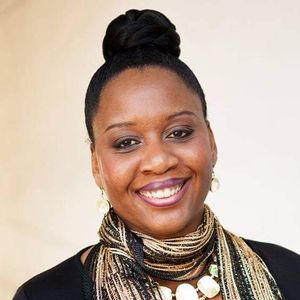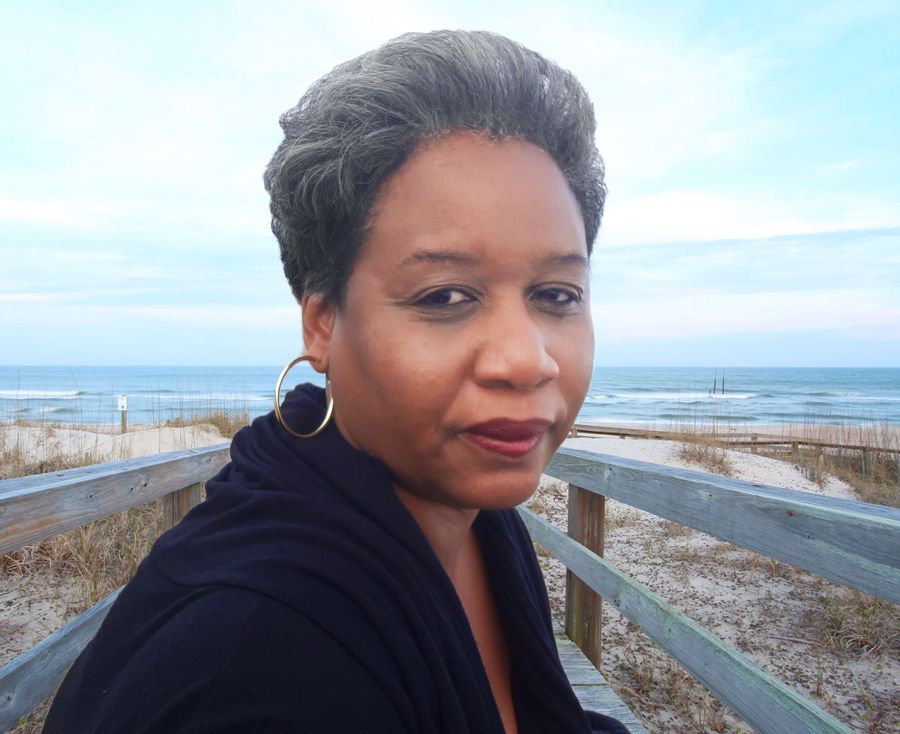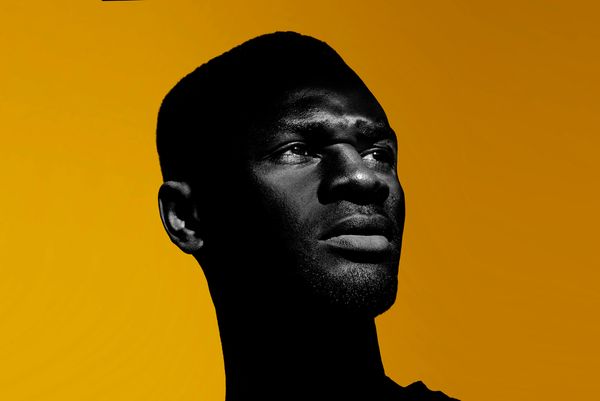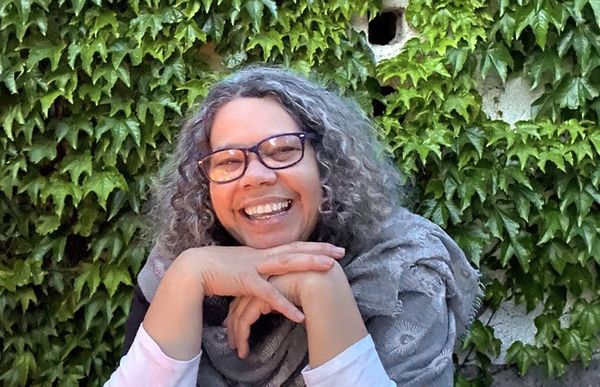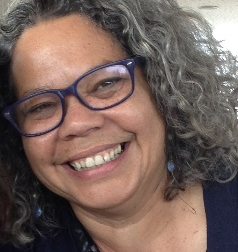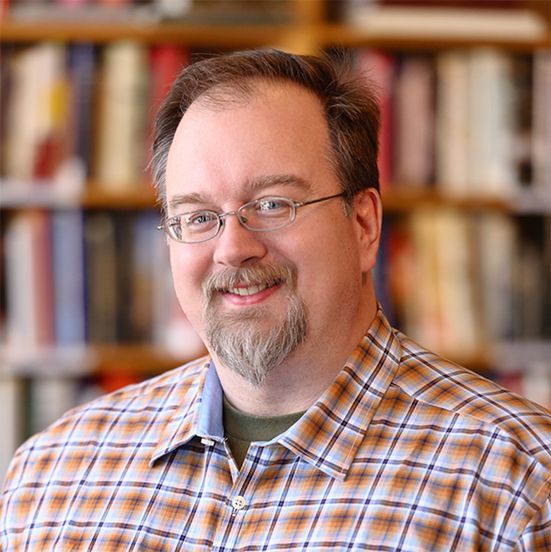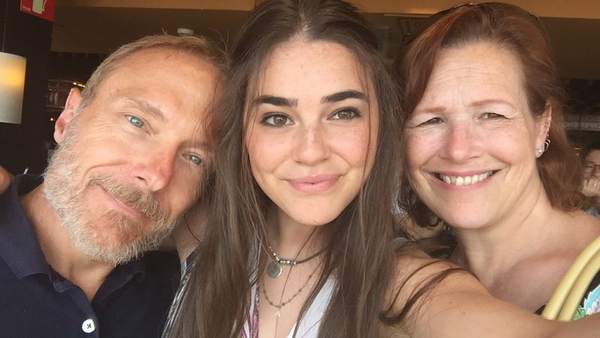Letter from the Editor
Impact and Intent

Pointing out instances of racial equity, whether online or in person, is always a dicy proposition that can potentially blow up in participants’ faces, leaving all involved with third-degree burns, or the difference in opinions can lead to meaningful conversation and deeper, more nuanced understanding. The former was the case a couple of days before the jury rendered its not guilty verdict in the Kyle Rittenhouse trial when I posted Michael Greiner’s article “Not Just a Racist Judge, But a Racist Judicial System” and my post-verdict missive, “Not Guilty?! If That Had Been a Black . . .” on Facebook.
Readers’ expressed sentiments fell in line with ours, until there was a lengthy one that didn’t and that left me infuriated for several reasons, primarily because the opinions expressed echoed familiar attempts to have one’s cake and eat it too—at the expense of Black, Indigenous, and People of Color’s right to equal treatment under the law. The comments took me back to numerous instances over the last six years in which people boldly proclaimed resurrected belief systems that are detrimental, if not lethal, to Black people. But like before, the thing that stung like getting hit with a brick in the face was that the comments came from someone I liked, admired, and whom I felt had a firm grasp on the Black experience. In short, I felt betrayed yet again.
I posted a lengthy clapback (which later became “It’s Not Enough That the Judicial System Works”), but not before the commenter removed their original post and left a full-throated apology.
That immediate about-face spoke volumes. Maybe there was a chance to explore another outcome, one that involved meaningful conversation and deeper, more nuanced understanding. We agreed to meet up for coffee a couple of days later.
I’d like to tell you we met and everything went fine, but that’s not exactly how things went.
Full disclosure: the morning we were to meet, I was busy eating some pie. Humble pie. You see, I completely forgot about the get-together until my friend called to remind me of the appointment. My friend graciously accepted my apology and we met a few hours later.
What makes this story especially poignant to me is that we hadn’t sat down to talk about anything for at least twenty-five years. It’s not that we were avoiding one another; our paths simply had not crossed. But sitting face-to-face with someone is a whole lot different than banging out messages to one another from behind a keyboard or cell phone.
I don’t want to make this an especially long letter from the editor, but we caught up on each other’s recent pasts and formative backstories. I received confirmations that my hunches about my friend’s knowledge of the Black experience extending beyond that of your garden variety blond, white guy was correct. He was indeed who I thought he was. And he learned—I’m not speaking for him per se—that presenting both sides of an issue for debate’s sake can be an incendiary move, especially when one side is historically injurious to the listener.
I’ve said it before, in order for two Americans of different ethnicities to talk about racism, they both must—
- speak to each other with respect and care
- remain silent while actively listening
If not, then the conversation will invariably morph into a shouting match with one person feeling marginalized and the other feeling personally attacked. All of us are far more nuanced and beautifully complicated beings than the words we see on digital devices. The best we can aspire to is to respect one another’s inherent humanity and lived experience and maintain an awareness of how our words can impact members of our human family.
Clay Rivers
Our Human Family, Founder and Editor-in-Chief
Spilling Tea with Marley K
Marley K, one of OHF Weekly’s most popular and provocative writers, gives us the skinny on the ubiquitous nature of white supremacy, the rigors of finding her audience, the cost of speaking truth, and the backstory on her straight-no-chaser style.
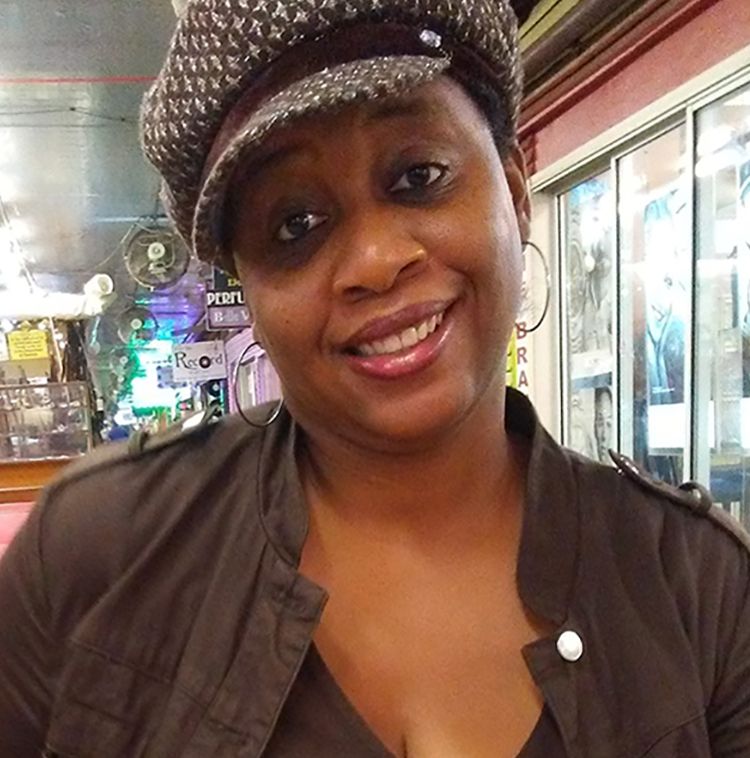
OHF Weekly In four sentences, how would you tell us you’re on Team Racial Equity without saying you’re on Team Racial Equity?
Marley K The safety and well-being of Black people should matter to every person in America, not just Black people. Love is love. All children deserve a good education. The system of white supremacy needs to be dismantled yesterday.
OHF Weekly What was the moment you decided to write and publish your works for the world to read?
Marley About seven or eight years ago, I was writing erotica, but after some negative experiences with white editors whitewashing my work to suit their white readers. I was annoyed and channeled my energy into helping people via the skills and information I learned from my work in fundraising and grant writing.
The system of white supremacy needs to be dismantled yesterday.
Since I enjoyed teaching—I had traveled the country and trained people, and even created a course for the company I was working for at the time—I figured I could create things on my own.
I started on Medium and wrote about the subtle ways white supremacy creeps into the lives of Black people, and how white people, no matter how low on the white supremacy totem pole they are, use whatever power they have to protect their own. I incorporated lessons on how white supremacy permeates everything into my writings. People appreciated what I had to say. I received testimonial emails and letters from across the nation with the projects funded thanks to the information I provided. Basically, I found my niche for educating people, and things just kind of took off from there. It reinforced in my spirit that knowledge really is power.
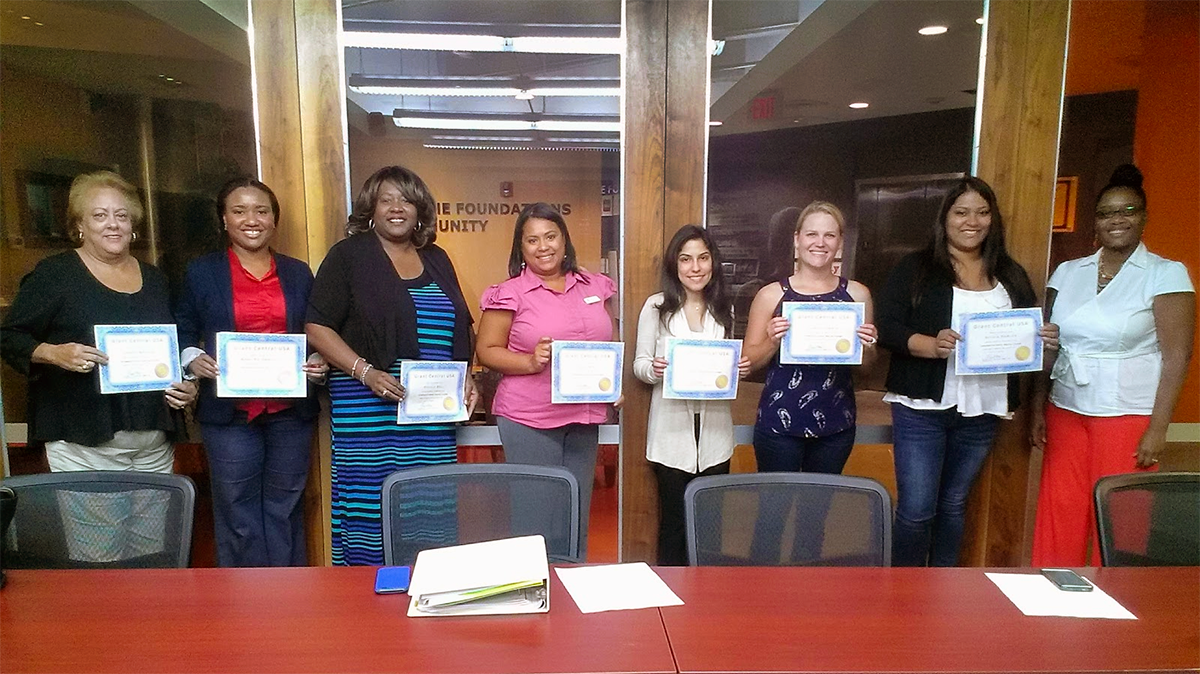
OHF Weekly In your opinion, what’s the biggest obstacle to people changing their race-based thinking and actions for a more equitable worldview?
Marley In my opinion, the biggest obstacle to people changing their race-based thinking and actions is white people. White people influence everything. As the dominant group in our society and the world, white folks dictate how every non-white person on earth is treated. As long as they have the power and privilege to be obstacles for others, nothing will change. I find they’ll do anything to maintain inequity and unfairness, including engaging in apathy. Equity is impossible under such circumstances.
I have biracial grandchildren and I want them to live in a world where they aren’t penalized because they are part Black. Four generations of my family have endured racial inequity in America, and it still hasn’t been solved. That means another generation of youth in my family will have to fight the same fights. Racial equity will occur when all groups fight to dismantle systemic and institutional racism. As long as white people see themselves as helping People of Color eliminate racial inequity and not seeing themselves as the source of its perpetuation and proliferation, the situation will remain hopeless in my opinion.
It was freeing to write the article, but getting the blowback was really shocking.
OHF Weekly To write about racism, racial inequity, oppression, and the like, writers have to dig deep into a disconcerting reality, sometimes that involves self-examination. What’s been your most revealing article and why?
Marley My most revealing article is my article, “Yes My Dear, All White People Are Racist.” I had to sit down and examine all the interactions I’ve had with white people, their behavior, and my own in relationships and exchanges with white people. I discovered how powerless I was in every interaction and how subjugated I truly am in this system of white supremacy. It was freeing to write the article, but getting the blowback was really shocking.
I received threatening emails, threats of rape and murder; I was inundated for months on social media; and I received all sorts of offers from television shows to explain my views which were nothing more than booby traps. I felt violated for simply speaking uncomfortable truths. I had to grow some thick skin. My piece went viral several times and Fox News folks had a field day with my comment sections.
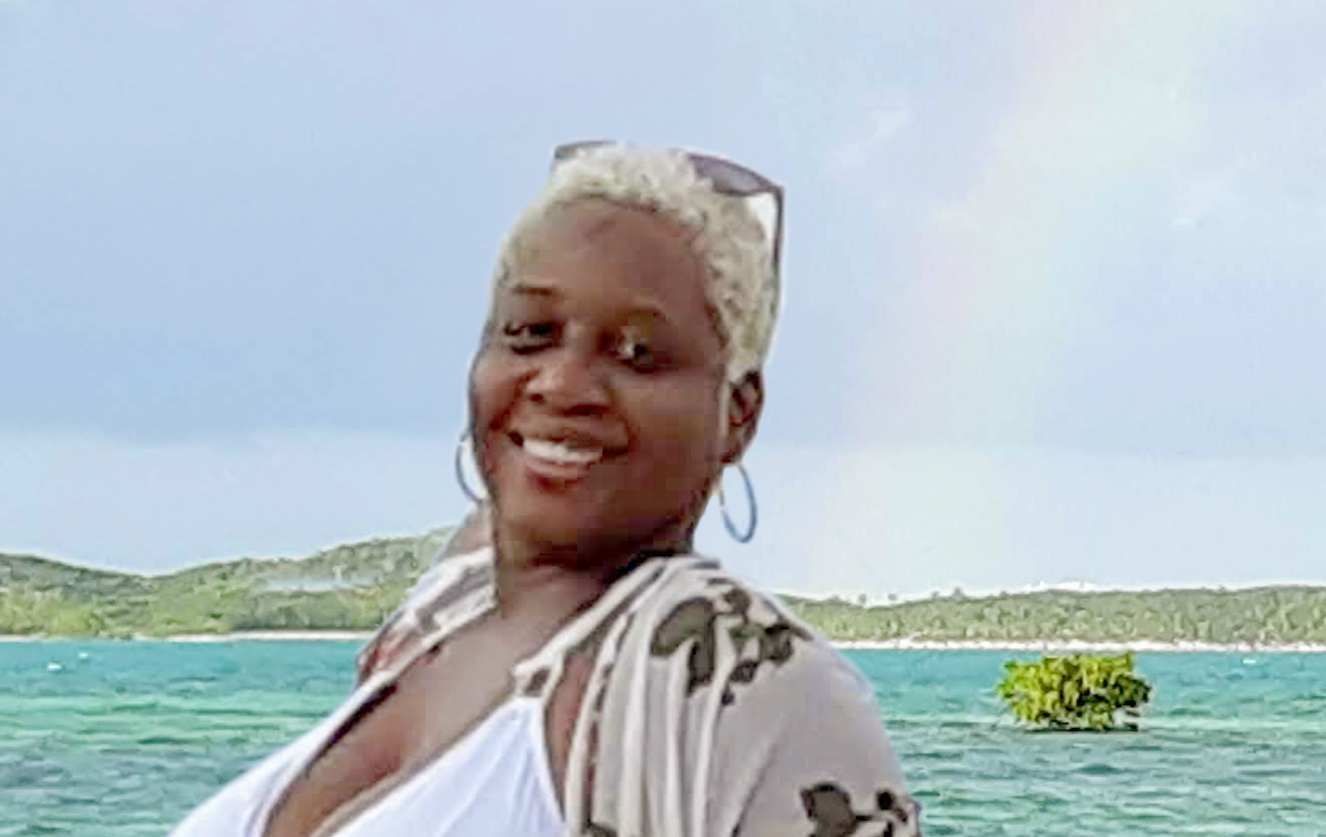
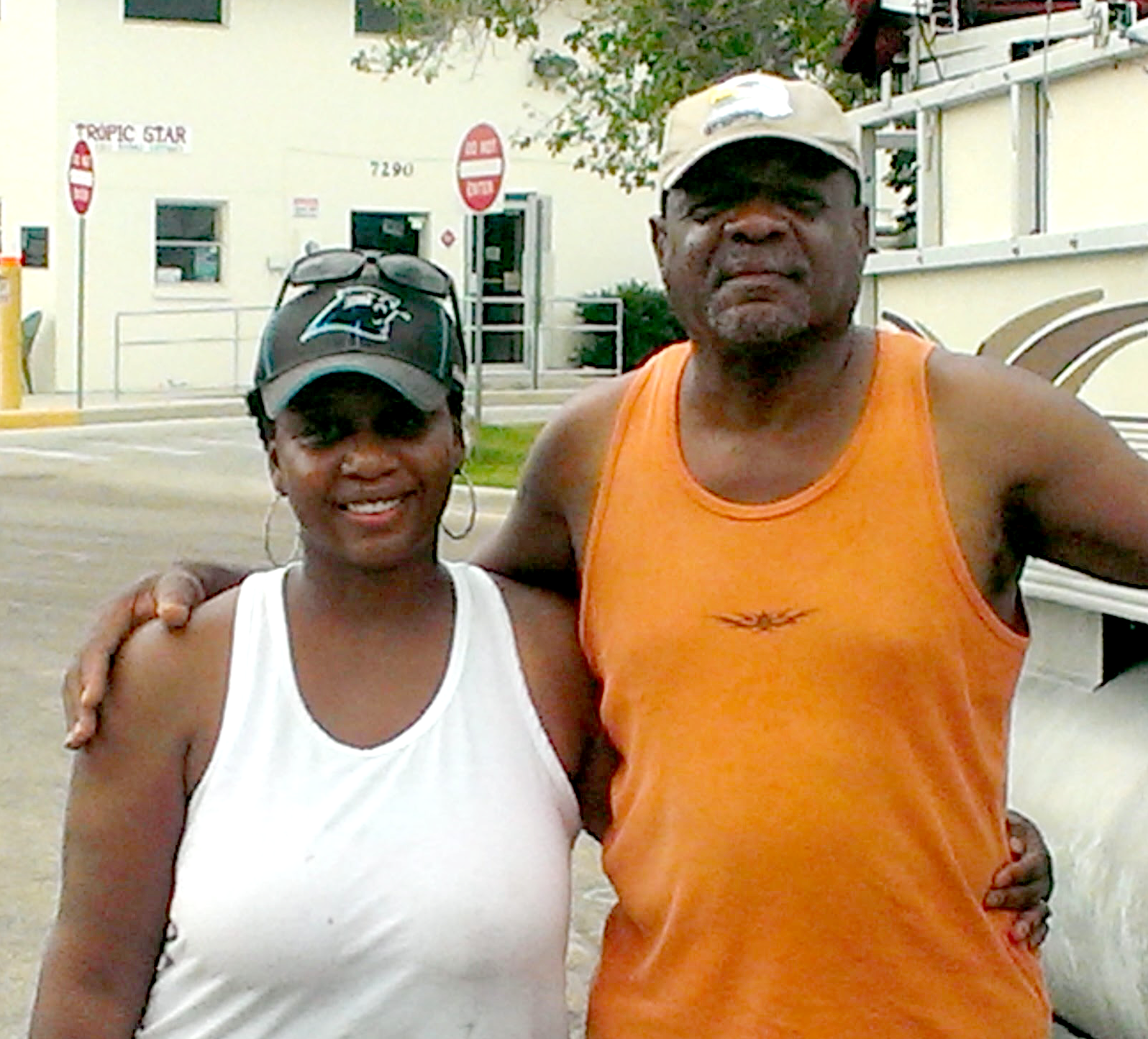
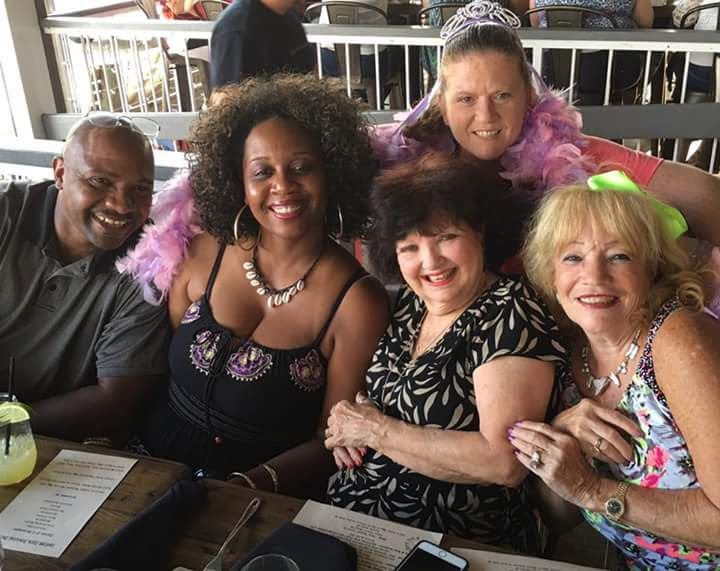
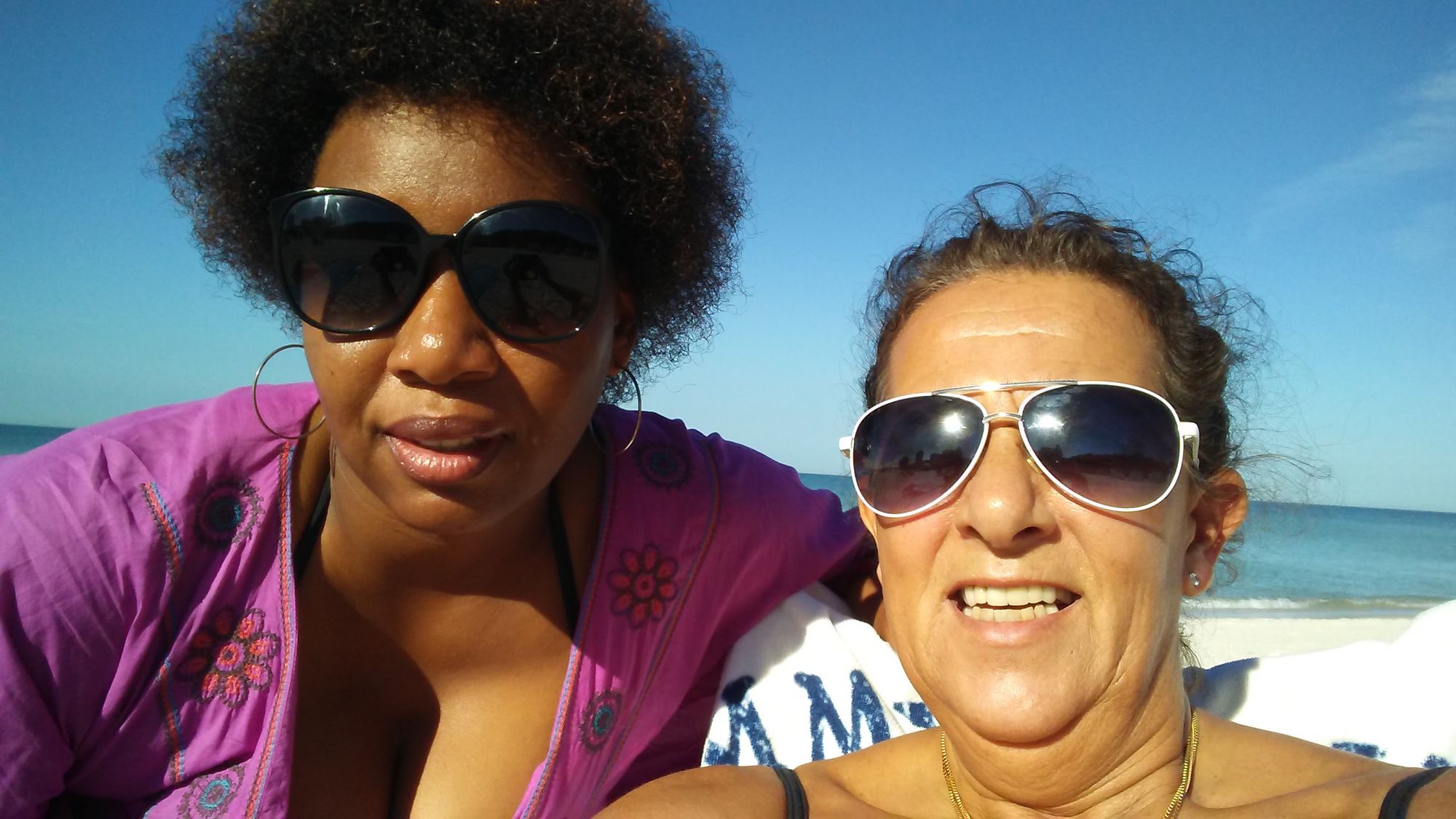
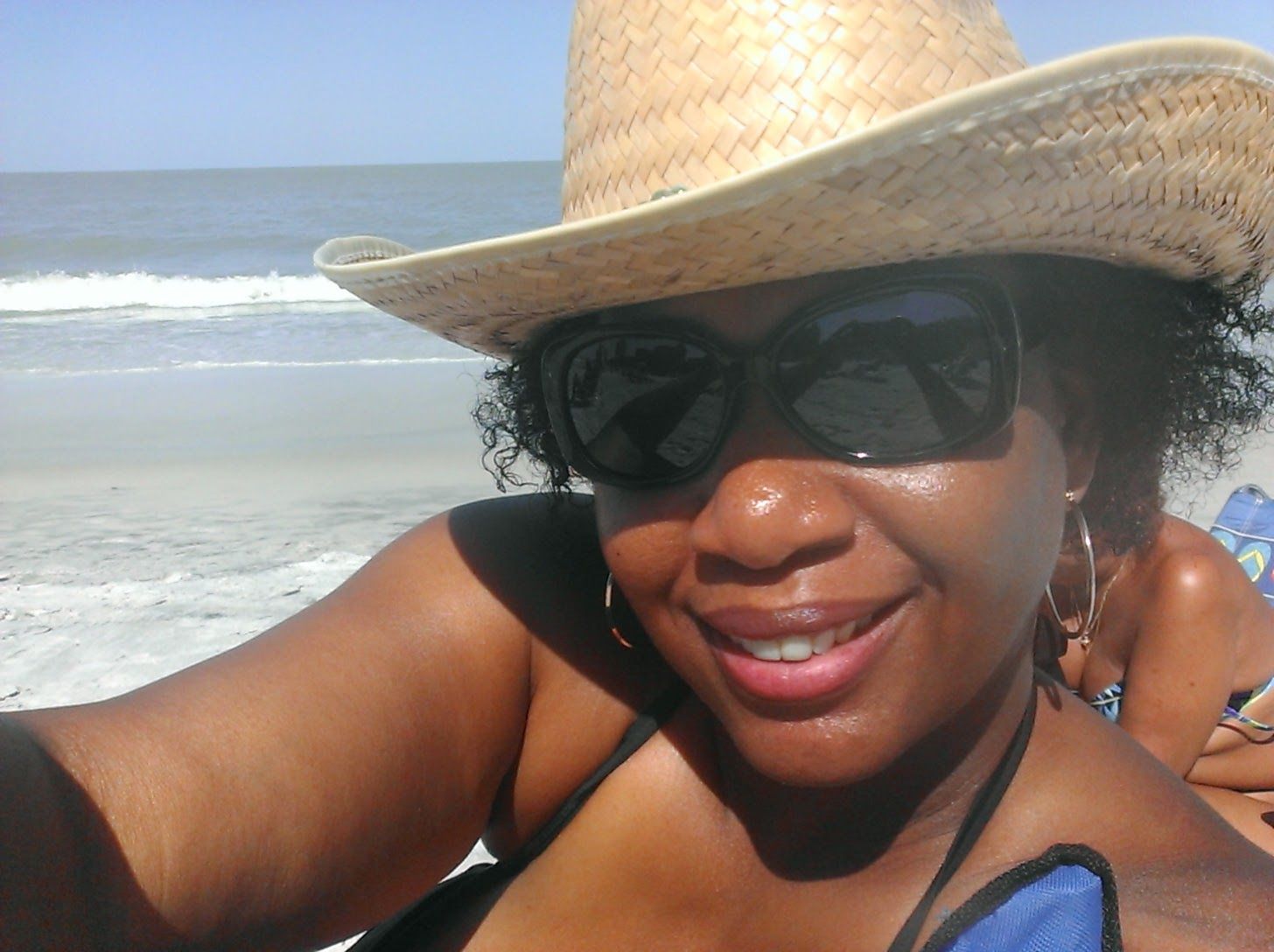
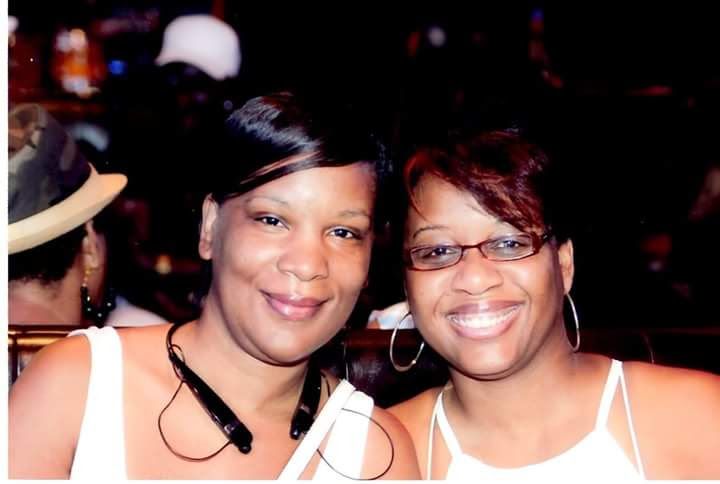
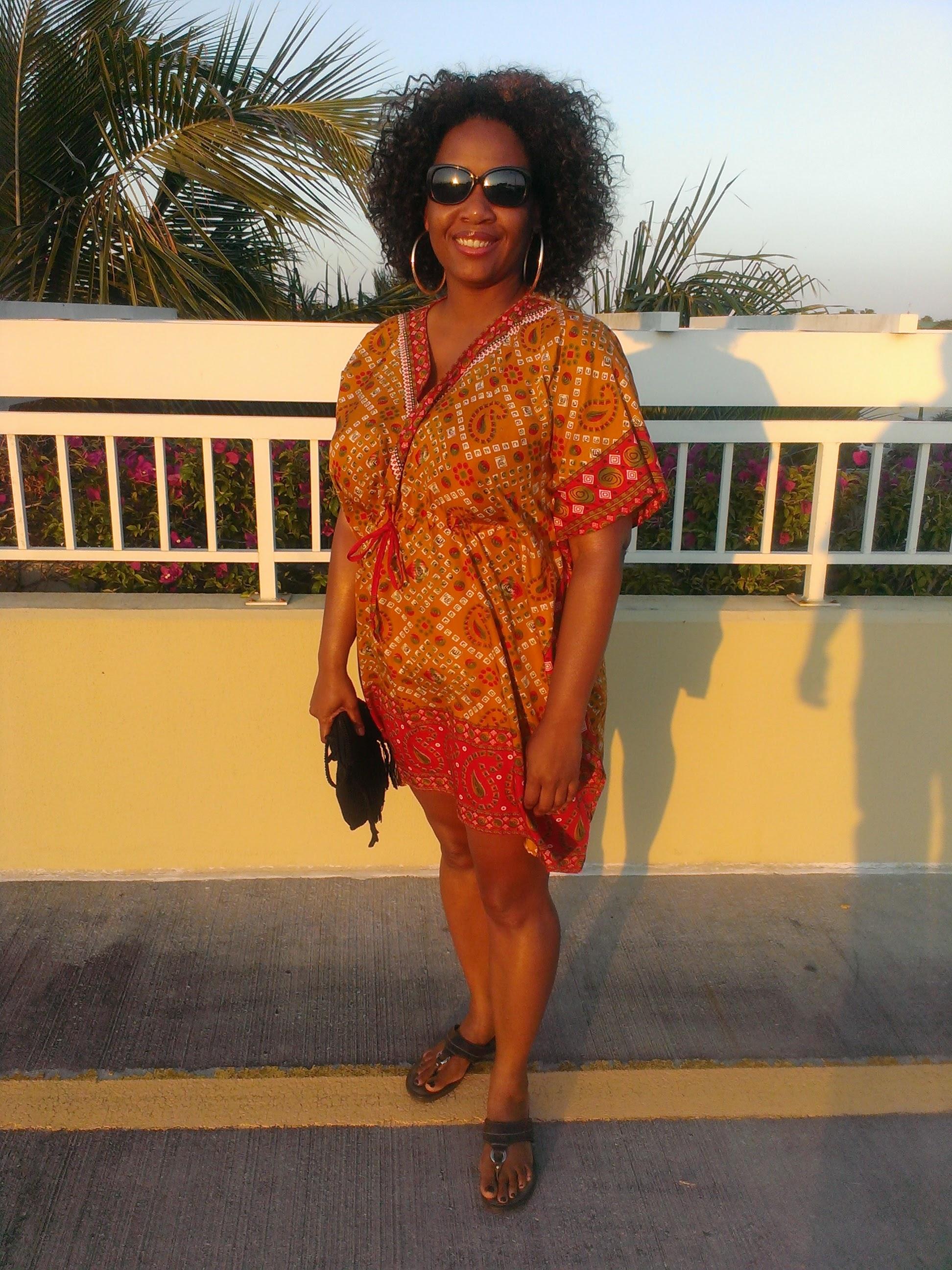

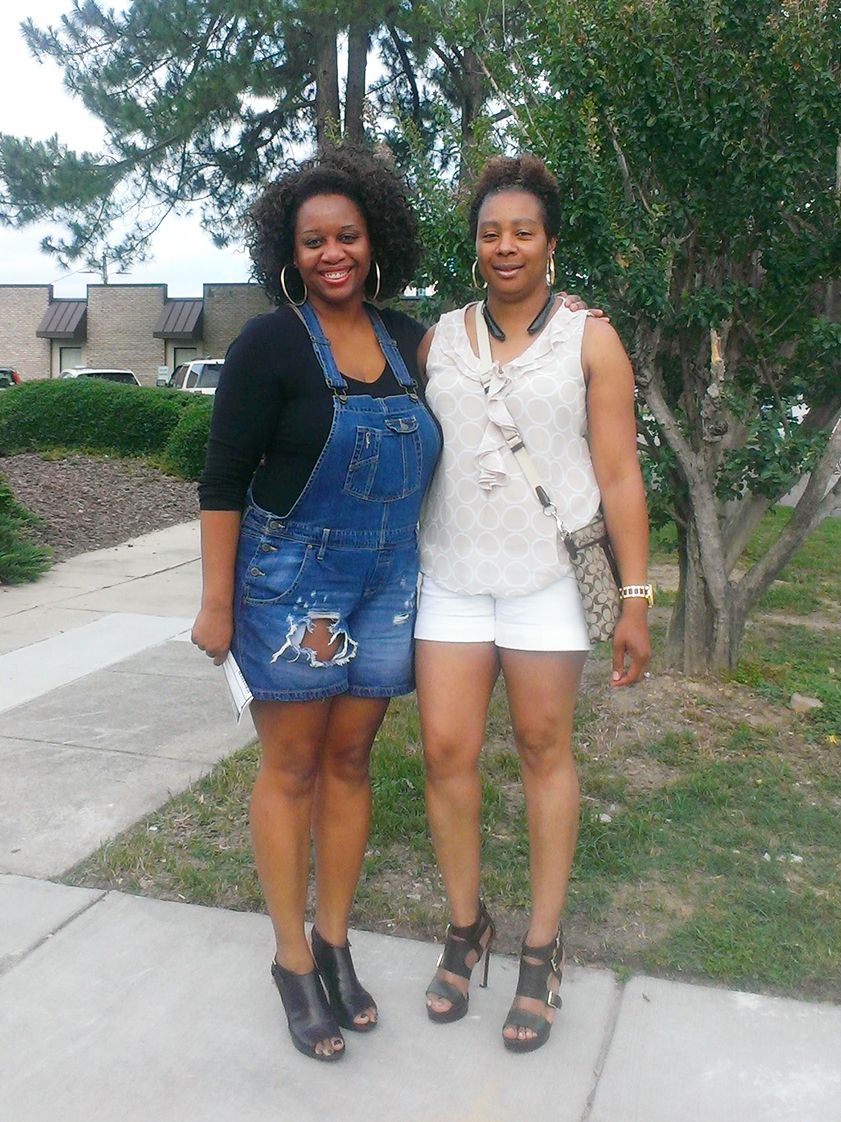
I felt myself wanting to cower a little from the negative reactions to the essay, but I had to take a step back so I could think about all the negative reactions I was getting. What I learned is that there is nowhere to hide from white supremacy. Anytime the dominant society is made uncomfortable, we must pay. On the flip side, I have received hundreds of comments from white readers around the globe letting me know how my work provided a different perspective or a new example of racism they hadn’t thought of. Black readers feel as though someone is speaking on their behalf. The work and the thought behind it aren’t in vain.
OHF Weekly What is the one thing, one principle, you’d like for your readers to take with them from your body of work on racial equity and why?
Marley I am uncompromising when it comes to protecting Black lives and advocating for racial equity. I would like my readers to understand how complex racism/white supremacy is, and I hope they understand the level of work required to dismantle it. Racial equity doesn’t happen without everyone fighting to make it happen. When I write, I’m always hoping to develop a lesson that will teach how readers the often-invisible system of white supremacy works. I want my readers to understand their places and roles in the system. I need them to think, to actually see themselves in the small scheme of things. Straight no chaser is my preferred style of delivery because we get enough fluff-n-stuff from mainstream media and our society as is.
As long as the system of white supremacy stands, white people will always have the option to opt out of inclusion.
Another takeaway I hope readers grasp is the connection to the truths throughout my body of work. Regardless of my opinions, I’m always looking for ways to tie them to history and the ugly truths about racial inequity and discrimination few Americans want to talk about.
Racial equity will not only require a change in mindsets and recompense, but it will also take some form of punishment for practitioners to deter individuals from engaging in discrimination. I want readers to understand the system doesn’t work improperly for non-white people unless racist people make it work improperly.
OHF Weekly With all that’s going on in the world, why do you still write about racial equity, allyship, and inclusion?
Marley I write about racial equity/inequity because America is an unfair nation, and until this nation learns to right wrongs, we will continue to repeat our long, tragic history of discrimination. I haven’t written much about inclusion or allyship lately. I’ve been let down by too many part-time allies, so I’ve lost faith in them. After 400 years, not much has changed, and I don’t see it changing in my lifetime. I’m sort of disillusioned with the whole equity and equality spills. As a Black woman, I don’t have the luxury of checking out fighting for myself, so I continue on soldiering as best I can.
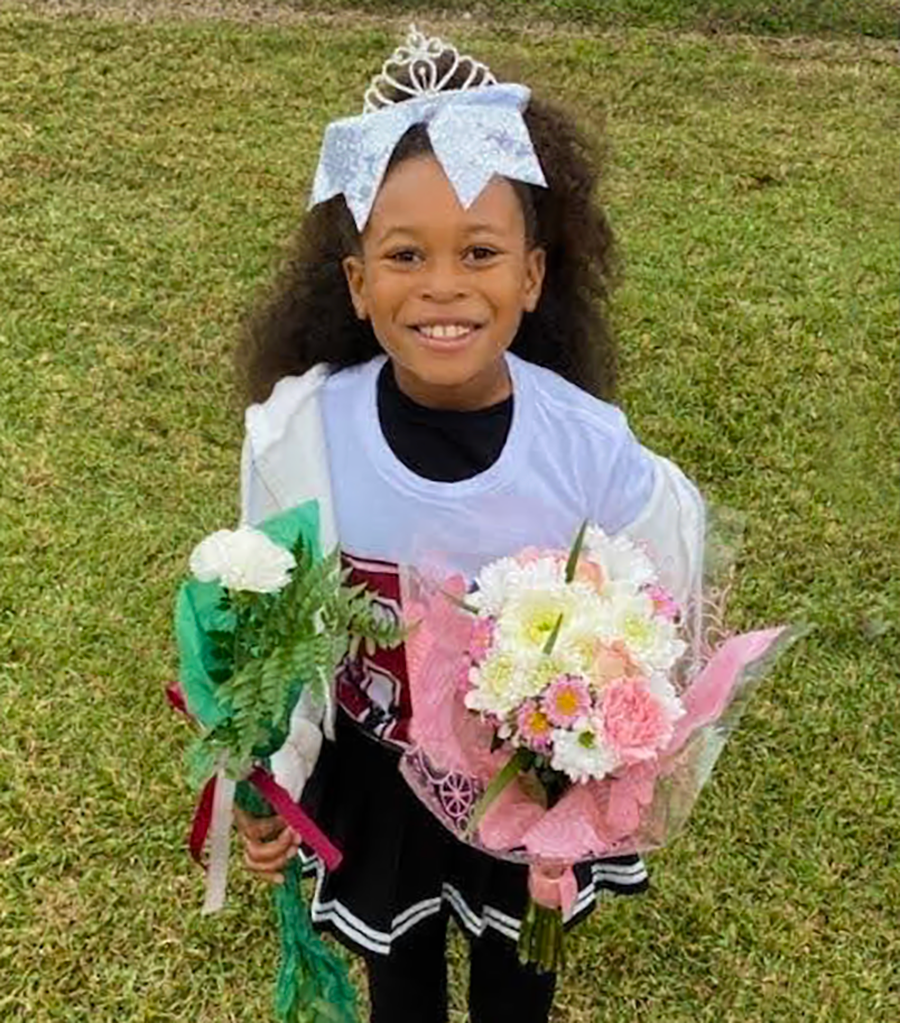
As for inclusion, in my opinion, if it isn’t organic it won’t work. Additionally, as long as the system of white supremacy stands, white people will always have the option to opt out of inclusion. Until inclusion becomes a national, state, and local, and national objective, all bets are off. I will write about racial inequity until I can’t anymore. As long as there is a problem, we need to talk about those problems. Until we eliminate racial inequity, I’ll always have something to say about it.
OHF Weekly Marley, thanks for taking the time to speak with us today.
Marley Anytime, you know how I love a chat over tea!
Photos courtesy of Marley K.
Marley K’s Short List
Want to read more works by OHF Weekly writer Marley K? We’ve got you covered. Here are four of our favorite articles.
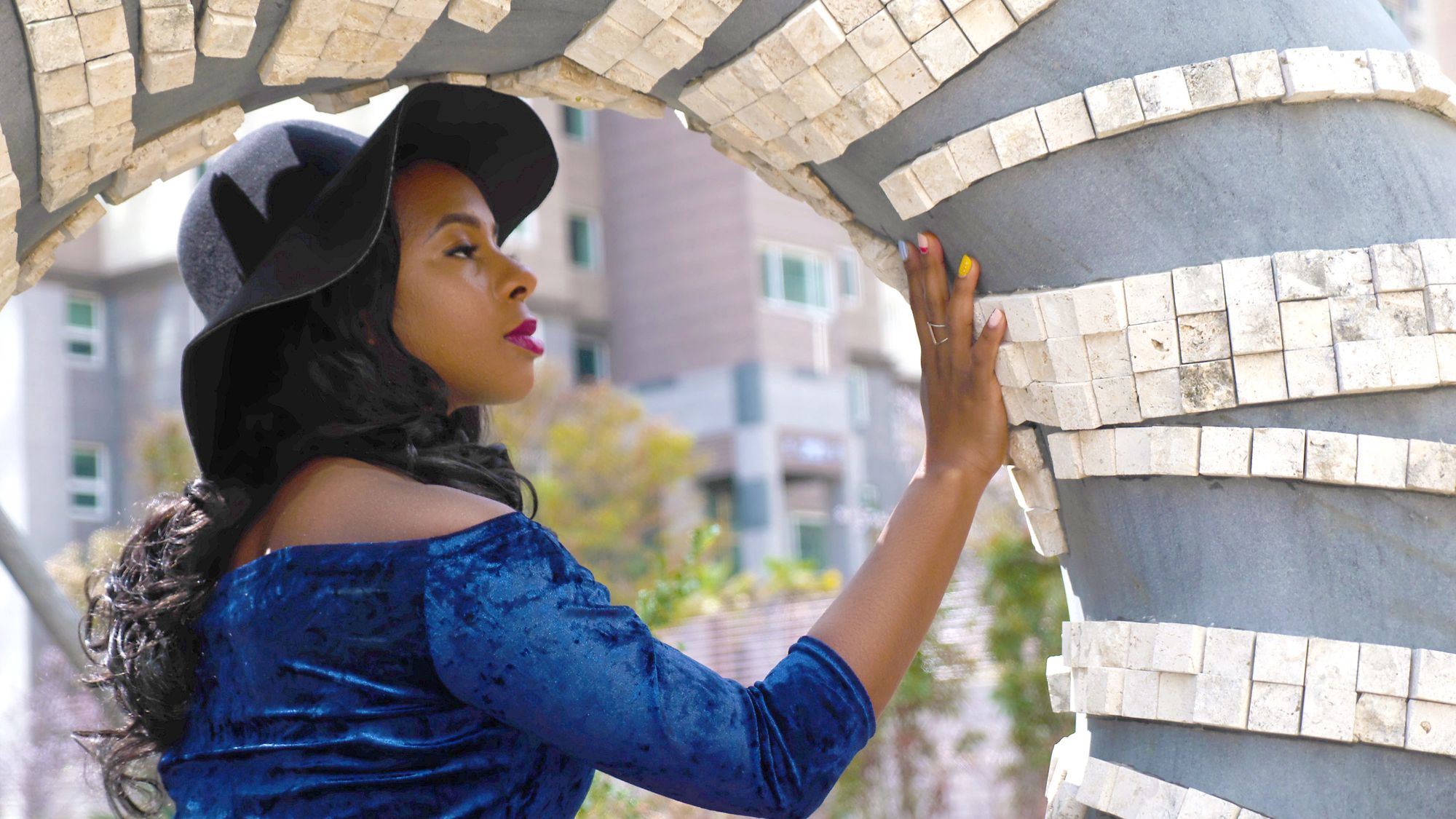
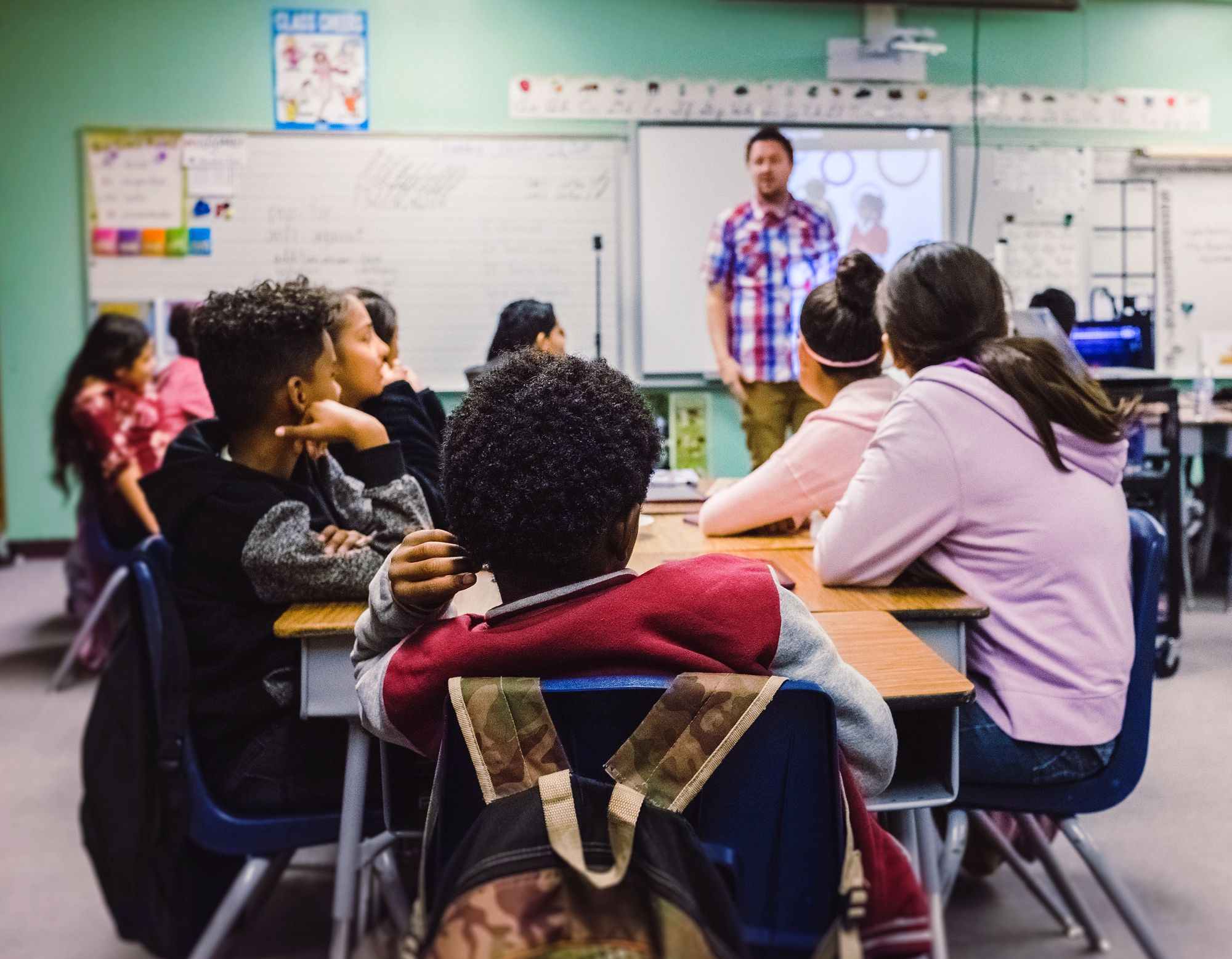
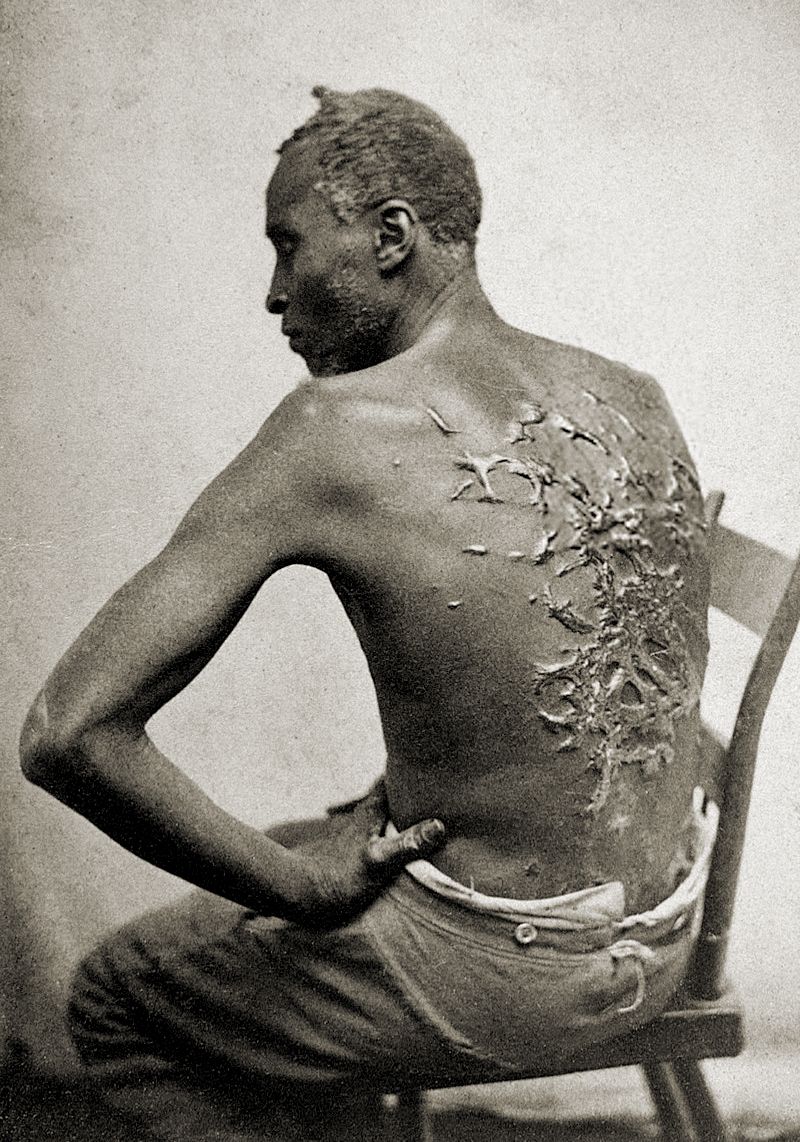

Subscribe to OHF Weekly

Sign up for free email delivery of OHF Weekly and articles. In the new “OHF Family Tree” series, OHF Weekly presents profiles on the writers and articles that have established us as a valuable and accessible resource for people interested in racial equity, allyship, and inclusion. Don’t miss out. Sign up now!
Thank You!
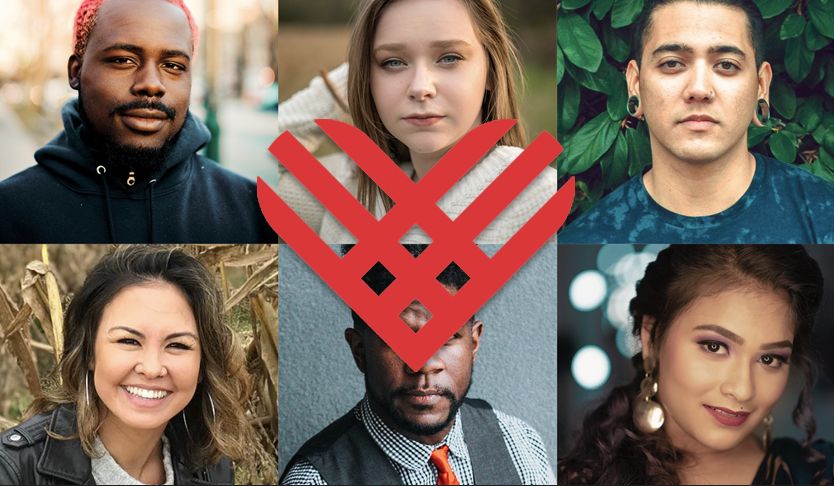
Special thanks to our donors who crushed our original goal fundraising goal of $200 and took our #GivingTuesday to a whole new level: $1,400 in two days! Thank you for participating in the global giving movement and advancing Our Human Family’s mission of racial equity, allyship, and inclusion advocacy. You guys are the best!
Final Thoughts
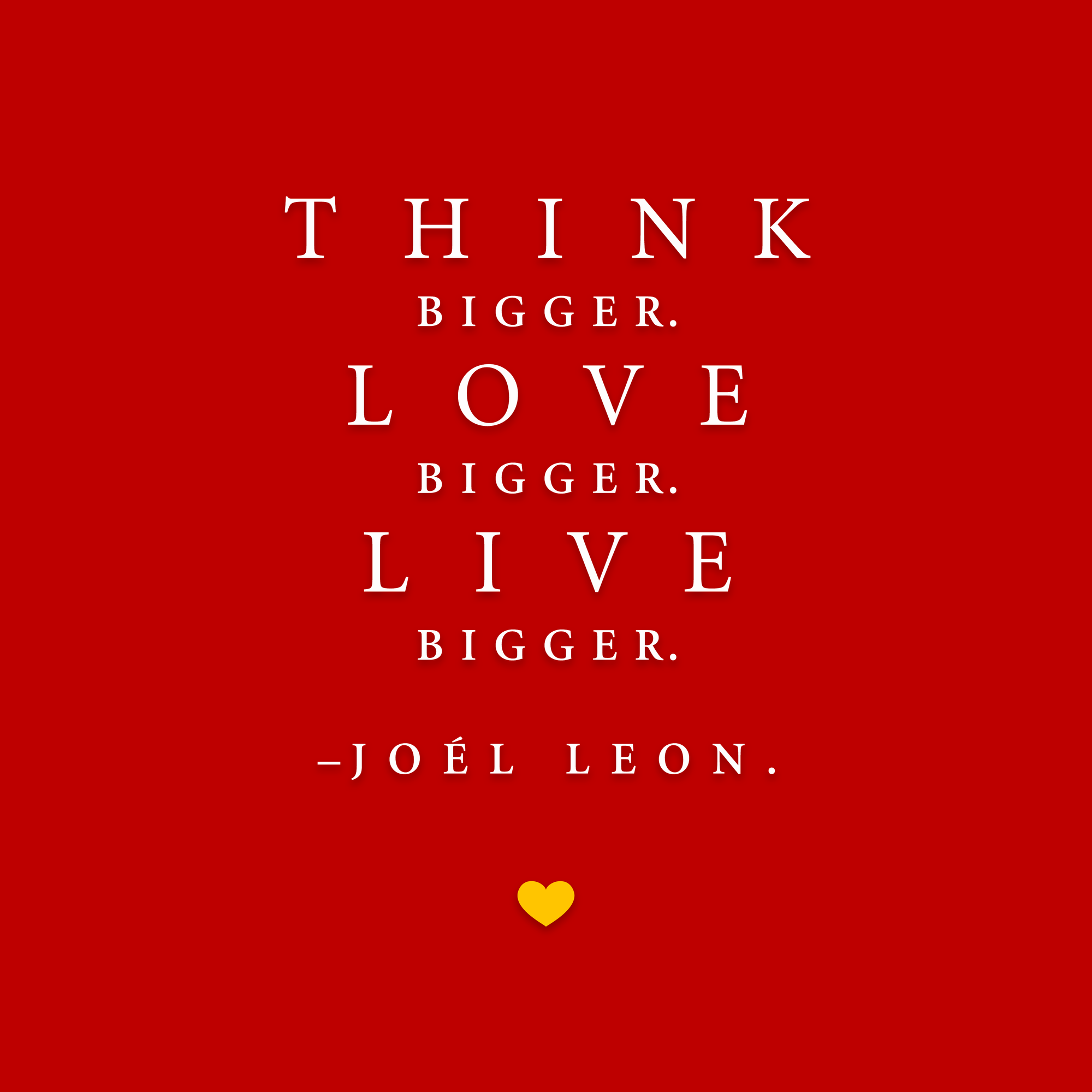
Love one another.


